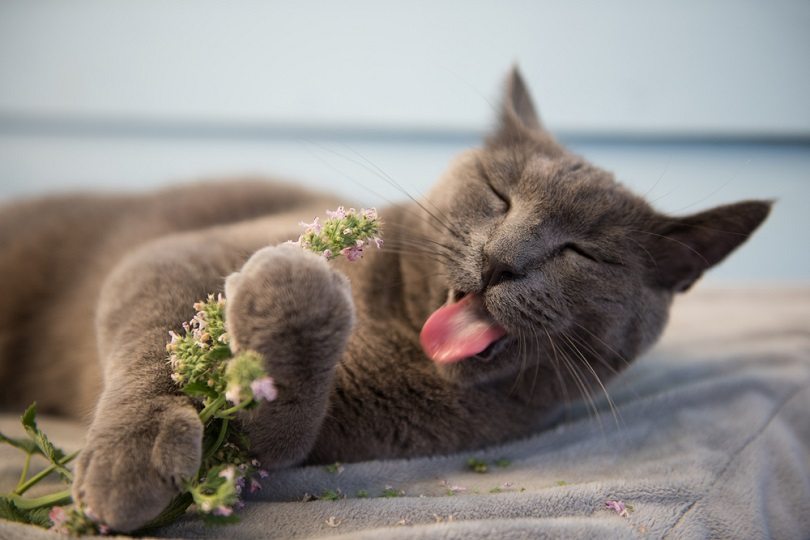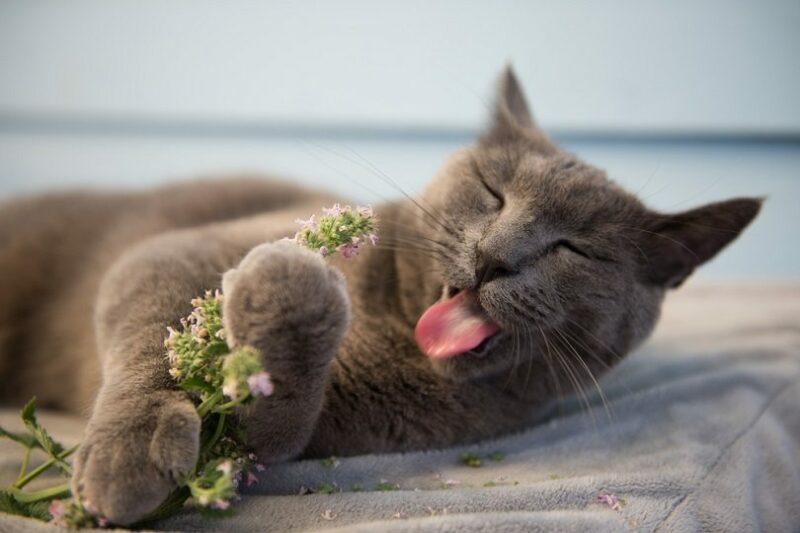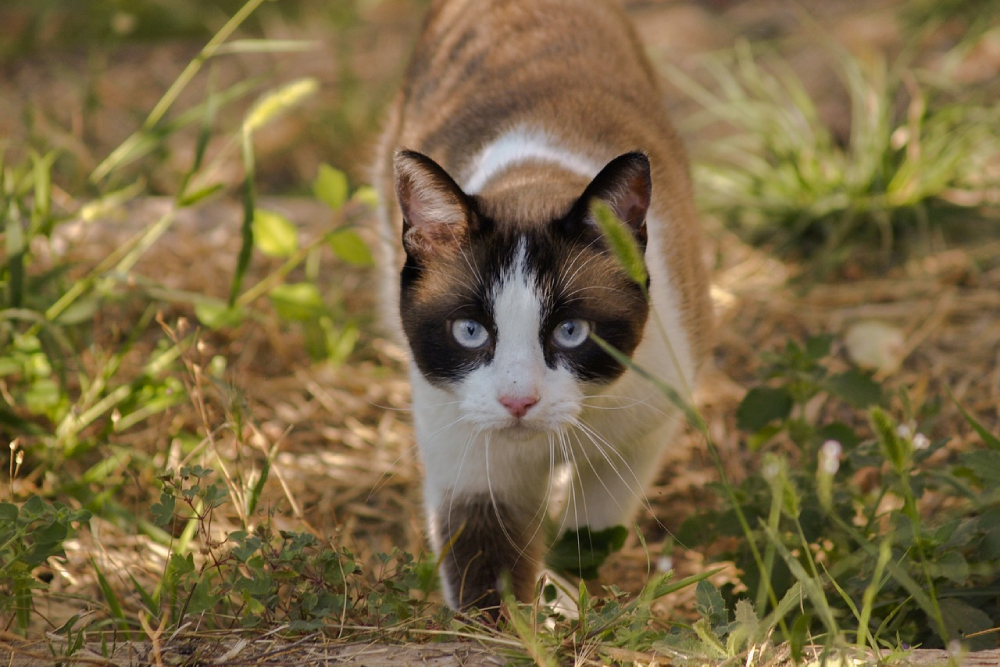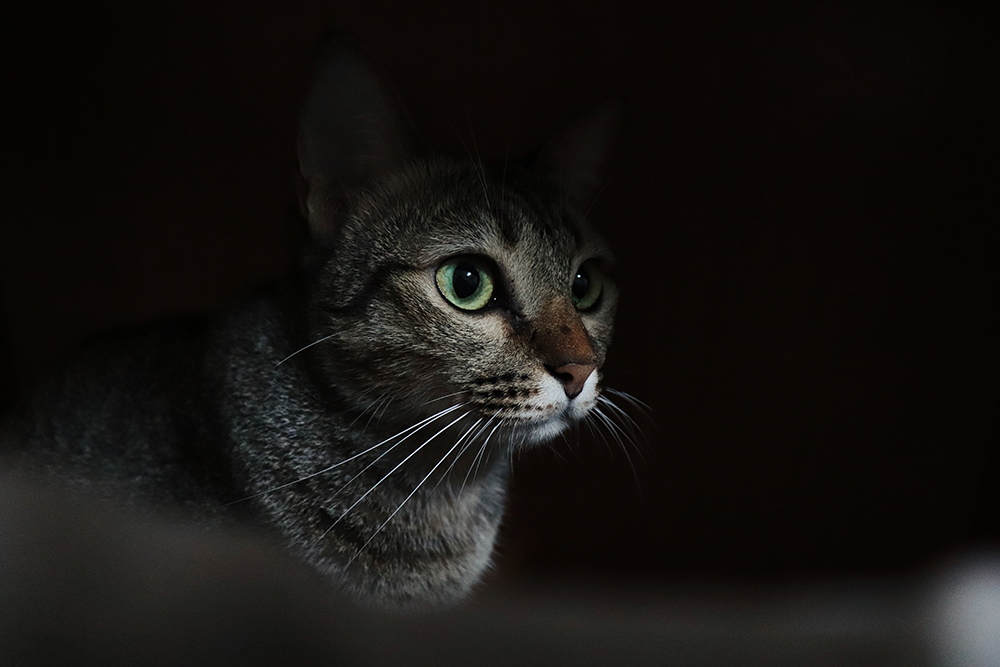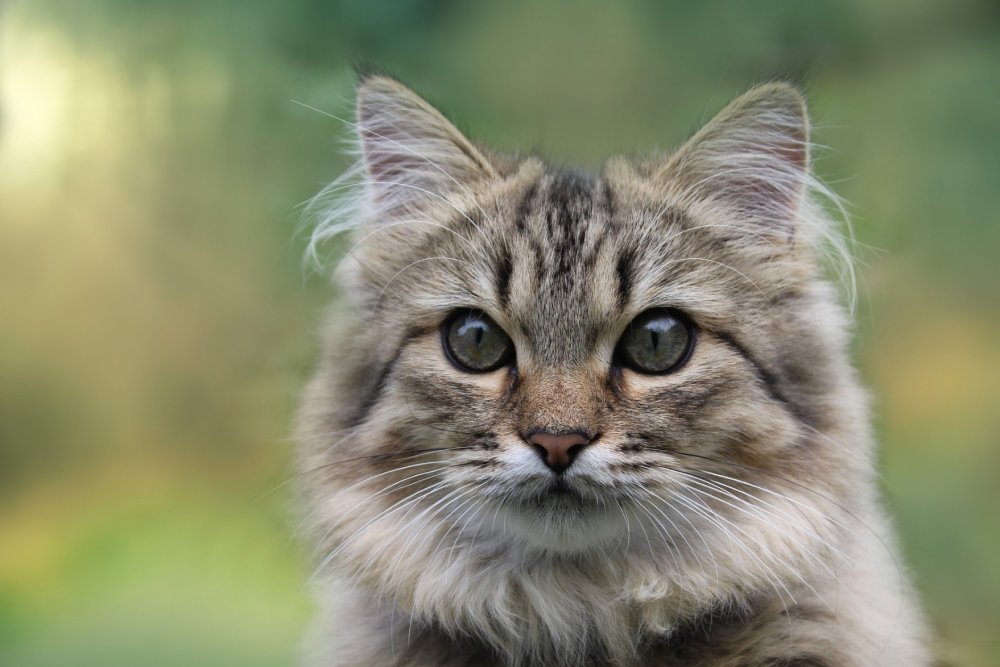It’s no secret that many cats love catnip. The plant, which is in the mint family, has a potent effect on felines, making them roll around, playfully bite things, and generally act like they’re high. But what’s really going on? Does catnip make cats high? Well, basically, yes!
Let’s explore this a bit deeper to understand how and why.
What Is Catnip?
First, let’s start with a little bit of background on catnip. The plant is native to Europe and Asia, but it now grows all over the world. It’s easy to grow, which is part of the reason it’s so popular with cat owners. You can find it in pet stores, online, and even in some grocery stores.
Catnip is a member of the mint family, and its scientific name is Nepeta cataria. The plant contains a chemical called nepetalactone, which is what attracts cats to it. When they smell it, they may start to roll around in it, chew on it, or even eat it.
Some people think catnip makes humans high, but that’s not the case. The nepetalactone in catnip only affects cats; it does not have any effect on humans. And while it may make your cat seem playful or hyperactive, it’s not a drug or intoxicant.
Effect of Catnip on Cats
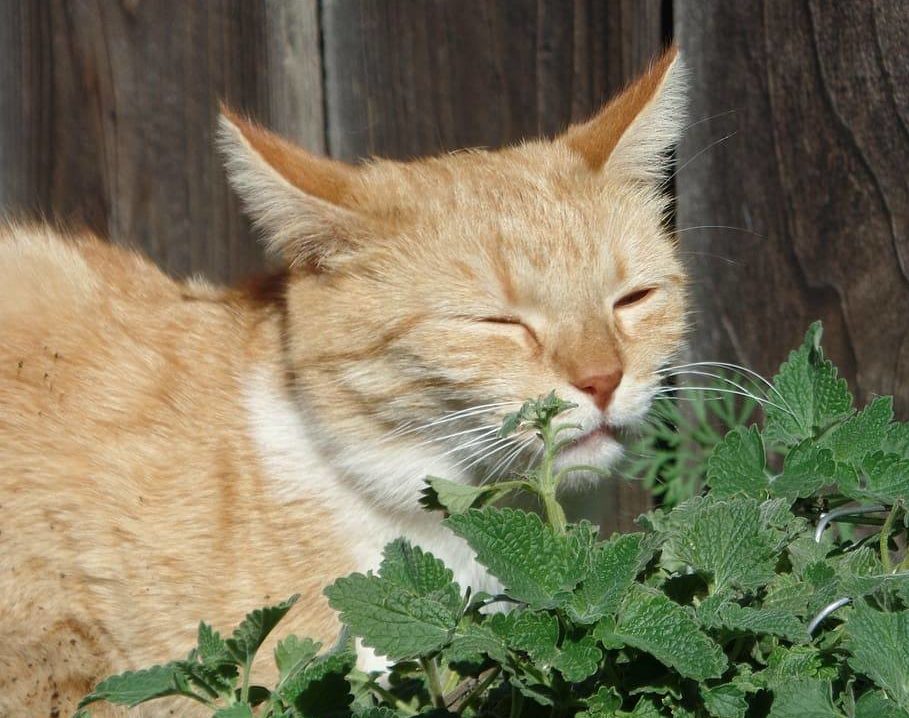
So, what does catnip do to cats? It’s thought to mimic the effect of pheromones, which are chemicals that help animals communicate. When a cat smells pheromones, it may trigger a response in their brain that makes them feel happy or excited. In other words, catnip makes cats feel good.
Contrary to popular belief, not all cats react to catnip, though. It’s thought that only about 50-70% of cats are affected by it. And even among those that do react, the response can vary. Some may seem playful and happy, while others may become more aggressive.
If your cat does react to catnip, you’ll probably notice the effects for about 10 minutes. After that, your cat will become immune to its effects for about 30 minutes before they can be affected again.
The bottom line: according to researchers, catnip does get cats high. But the results can and do vary wildly from feline to feline.
Lots of cats go bananas for catnip. If your cat is one of them, we recommend Hepper's durable, engaging Catnip Stick Toy! These sturdy toys come in several fun colors and feature bite-proof double bagging and 100% organic catnip fill. They're also handmade in the USA and designed to look like your cat's natural prey.
At Catster, we’ve admired Hepper for many years and decided to take a controlling ownership interest so that we could benefit from the outstanding designs of this cool cat company!
Caring for Cats Without Catnip
It’s understandable if you don’t feel comfortable giving your cat catnip. Maybe you are worried about making them high, or you just do not want to deal with a hyperactive kitty.
There are plenty of other ways to keep your cat happy and healthy without using catnip. Here are a few tips:
1. Toys, Lots of Toys
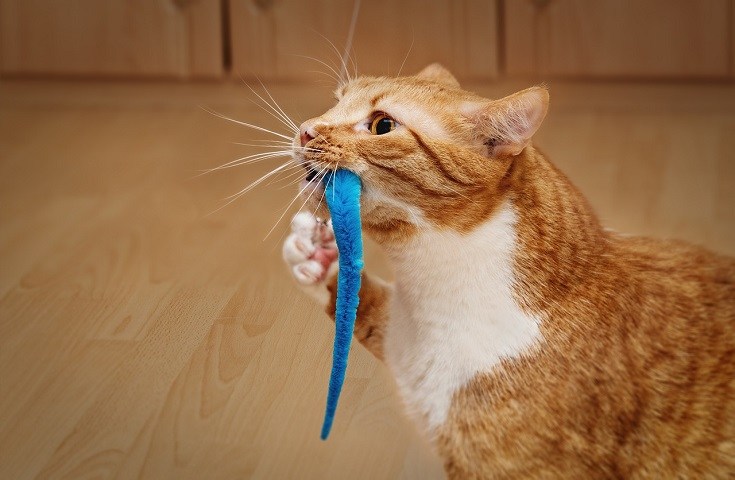
Give your cat plenty of toys to keep them occupied. A scratching post is also a good idea to keep their claws healthy and avoid them sharpening their claws on your furniture.
2. Labyrinth Feeders
You can purchase these or make your own out of an empty cardboard box. Put some of your cat’s food at the bottom, and they’ll have to work a little bit to get to it. This will keep them entertained and help them burn off some energy.
3. Food Puzzles
There are a variety of food puzzles you can buy or make yourself that will challenge your cat and provide them with a tasty treat. Try hiding their kibble around the house or in a toy for them to find.
4. Catnip Alternatives
You do not have to give your feline catnip for them to feel good—there are other herbs you can try that show similar effects. Consider the following:
- Silvervine: Silvervine is known to produce similar reactions in cats as catnip does. You can purchase silvervine sticks or powder online or at your local pet store.
- Valerian Root: Valerian root is another good alternative to catnip. It is widely available online or at your local health food store.
- Tatarian Honeysuckle: This is another good alternative that is said to work just as well as catnip. It can be found in most pet stores.

Conclusion
With the latest studies showing catnip produces “high” effects in cats, there’s little doubt that this herb affects felines in some way. However, the jury is still out on exactly how catnip works its feline magic.
Until we have a better understanding of the science behind catnip, we can only speculate as to why our kitties go so crazy for this plant. However, one thing is certain—catnip is a force to be reckoned with when it comes to our feline friends.
Featured Image Credit: Anna Hoychuk, Shutterstock

